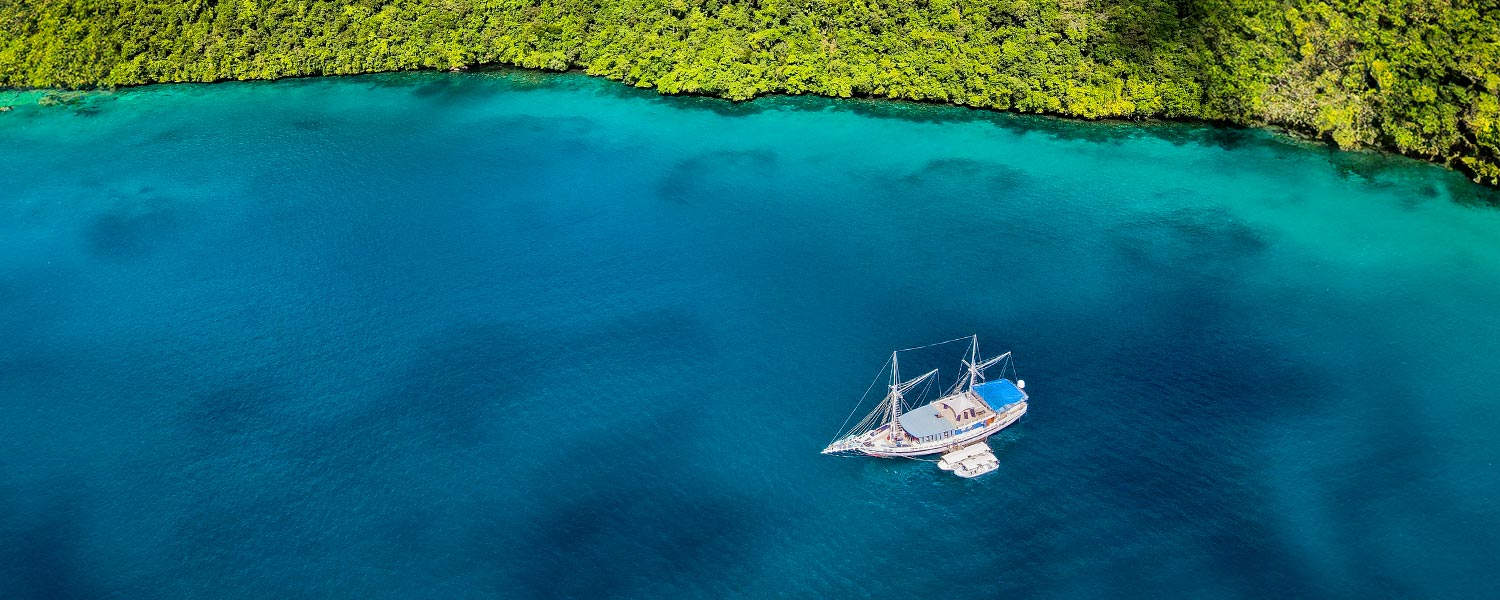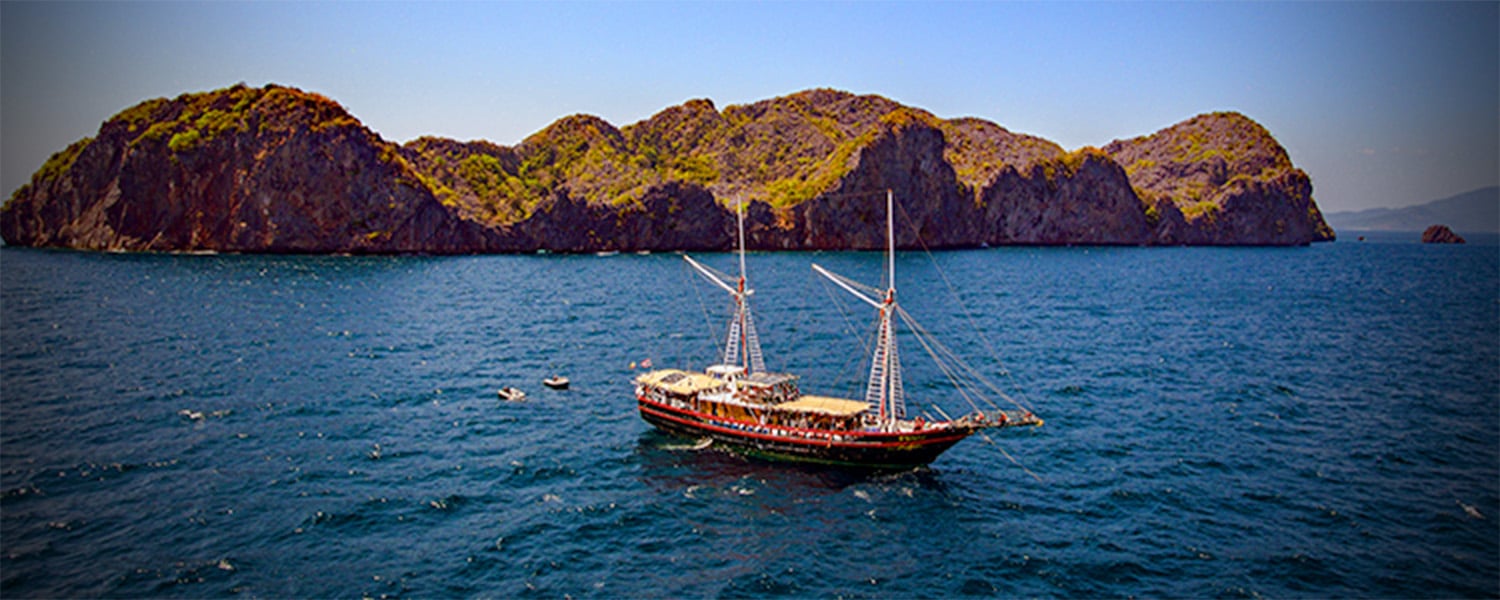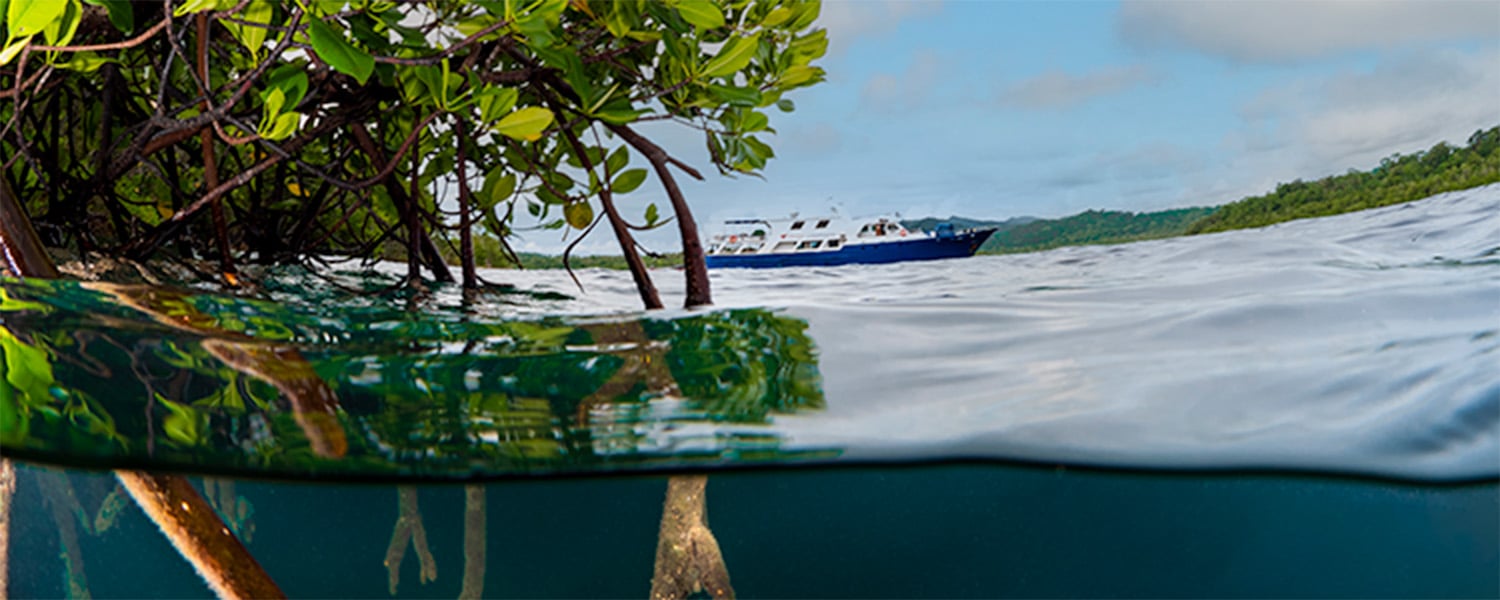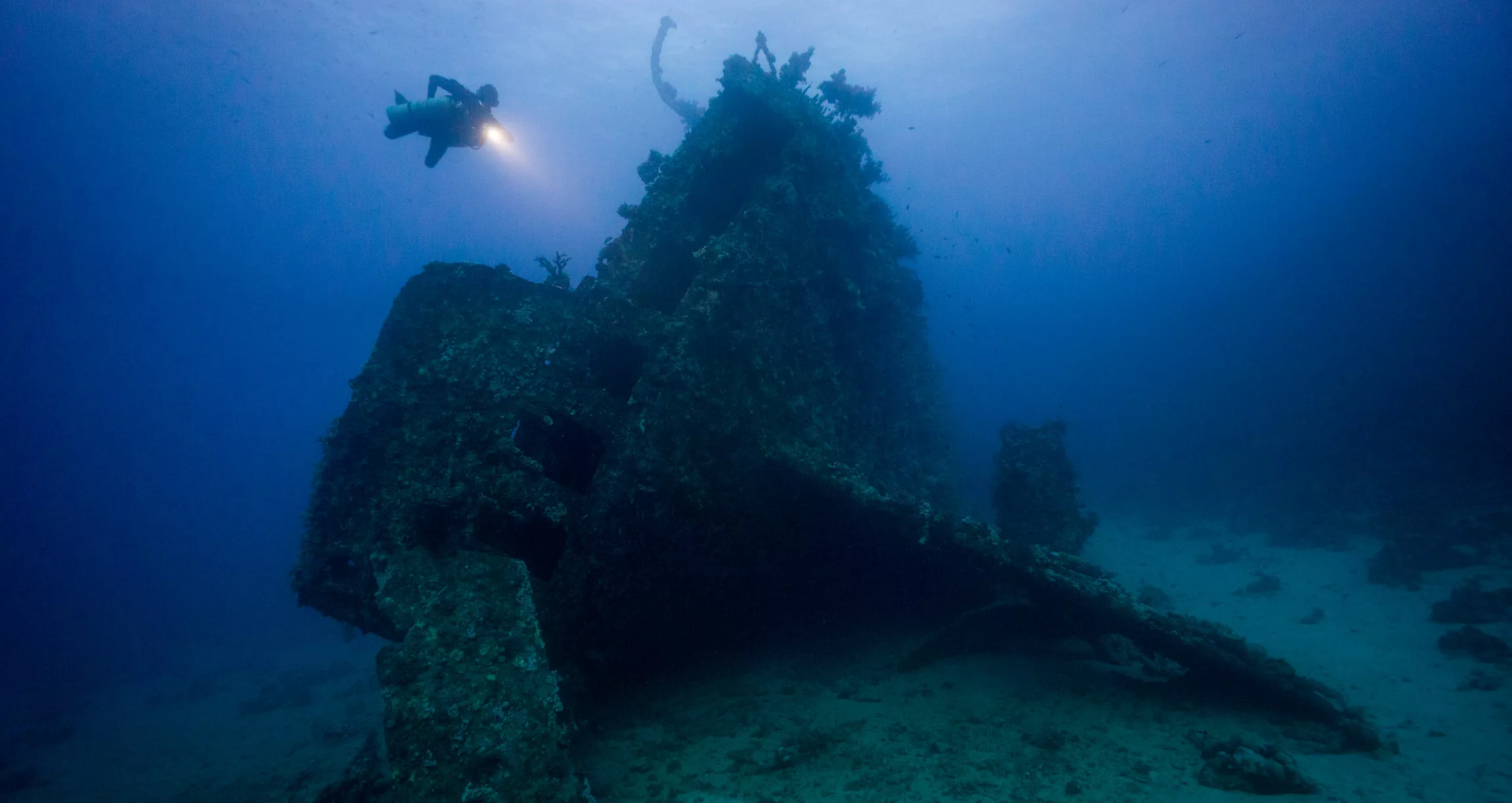We are soon to restart our operations in The Bahamas. Before you go there though, why not brush up a little on this fabulous destination and learn 10 interesting facts about The Bahamas.
There are a lot of islands
There are over 700 islands in the Bahamas. All of them are either sand or limestone and, of these 700 islands, only about 30 of them are inhabited. Of the almost 400,000 people who live in the country, around 70% of them live on the island of New Providence, the location of the capital, Nassau. The combined land area of the 700 islands is slightly smaller in land area than Connecticut, USA.

Low land
With the highest point in the islands being just over 60m (200ft), The Bahamas is not famous for being a land of towering mountains. In fact, it ranks as number 5 for countries with the lowest “highest point” in the world. There are only four countries in the world with a lower “highest point” than the Bahamas; The Gambia, The Marshall Islands, Tuvalu, and the Maldives. The low-lying state of The Bahamas has to do with the fact that almost all land in the islands is made of sandbars or raised coral reefs. As a result, there is very little elevation across the entire country. The highest point is ‘Mount’ Alvernia on Cat Island, which is a raised, tilted reef.
Tropic of Cancer
The Bahamas is one of only two countries in the Western Hemisphere that lies on the Tropic of Cancer. The Tropic of Cancer happens to miss both Cuba and Florida. It does, however, bisect Long Island and Exuma in the Bahamas. Mexico is the only other country in the western hemisphere that it crosses.

Blue holes
The Bahamas is home to the second deepest blue hole in the world, with a depth of 202 meters: Dean’s Blue Hole. With a drop off of 200m+, this hole on Long Island, in The Bahamas, is the stuff world records are made of. In fact, loads of divers choose this spot precisely for the likelihood of setting world records there. The site also hosts an annual, international free-diving competition.
There are other more well-known underwater attractions of a similar nature, like The Great Blue Hole in Belize’s Great Barrier Reef, but Dean’s Blue Hole is a lot deeper, and the drop off is close to shore! Read more on these amazing blue holes in our blog.
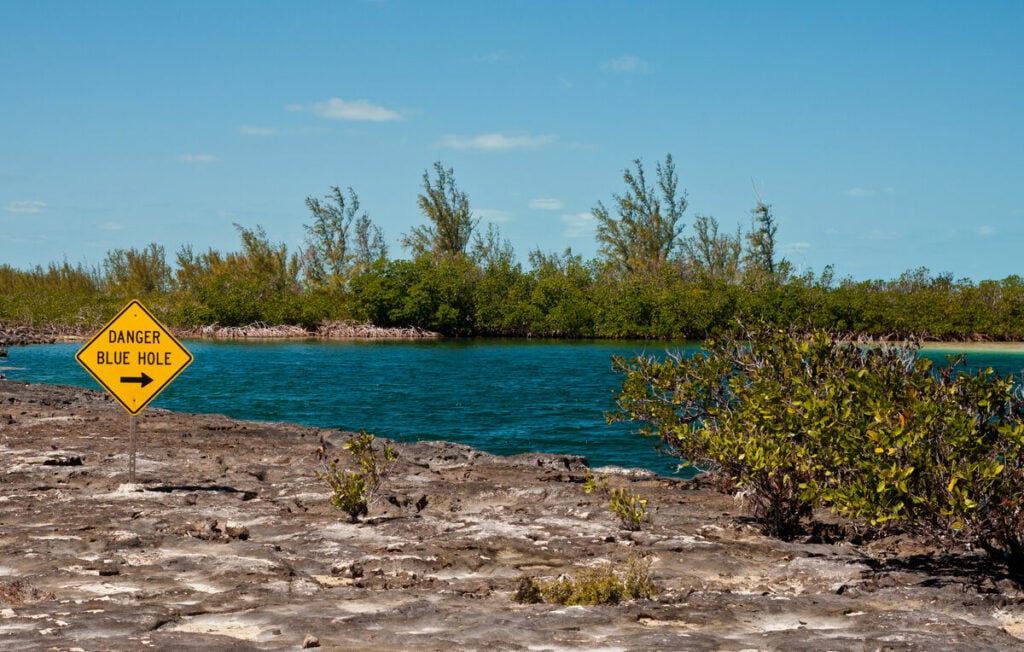
Barrier reef
In terms of size, the barrier reef located within the Bahamas at Andros ranks 3rd in comparison to others found around the world. It measures 190 miles (305 kilometers) long and is home to a large variety of marine life, with over 164 species of fish and coral. This barrier reef is therefore one of the most popular locations in the country for divers and snorkelers. It runs parallel to the east coast of Andros, which we visit during our itinerary Wrecks, Blue Holes & Sharks.
This massive reef is famous for its deep-water sponges and large schools of red snapper. It is also the only place in the world with more than one Nassau grouper aggregation, but you will also find other sea creatures, such as marlins, sailfish, stingrays, reef sharks, lobsters, turtles, moray eels, octopi, and game fish, to name but a few.
“The” name
The Bahamas is one of 11 countries in the world with the word “The” in its official name. Some other countries have a “the” due to a noun added to their names (republic, kingdom, etc.). These are: Union of the Comoros, Democratic Republic of the Congo, Republic of the Congo, Republic of the Gambia, Republic of the Marshall Islands, Republic of the Union of Myanmar, Kingdom of the Netherlands, Republic of the Philippines, Saint Vincent and the Grenadines and Republic of the Sudan
Shallow sea
The name Bahamas comes from the Spanish term “baja mar” which means shallow sea in Spanish. As seen in any satellite image, the water around the Bahamas is indeed shallow.

Golden Era
The ‘Golden Era’ or the ‘Golden Age’ is said to have been a time during the 1600s – 1700s, when pirates had a booming economy in the Caribbean, particularly in The Bahamas. They targeted merchant ships travelling through the area and robbed them, with their bounty including gold, salt, and many other goods. Their gains attracted even more pirates, and among the famous pirates in the region at that time was Blackbeard. This chaotic state of affairs continued until 1718, when British captain Woodes Rogers was appointed Captain General, and Governor in Chief of Nassau, marking the end of the Pirate Republic.
Columbus’ journey
A lot of information is available about Christopher Columbus’ journey through the Caribbean region, and The Bahamas is one of the first places where his crew made landfall. As the story went, Columbus “discovered” the new world, beginning in either San Salvador Island or Samana Cay; both in The Bahamas. Either way, the European land rush in the new world began in the Bahamas.
It is also said that when he got there, the native Lucayan Taino people were already present. Over the course of several years, the Taino people disappeared from the islands.

The above image shows a stylised version of Columbus claiming possession of the New World for the Crown of Castile. The caravels Niña and Pinta are in the background. The scene apparently took place on Watling Island, an island of the Bahamas that the natives called Guanahani and that he named San Salvador, on 12 October 1492
Olympians
The Bahamas has 14 Olympic medals to show for itself, much thanks to the efforts of athletes including sprinters Pauline Davis-Thompson, Tonique Williams-Darling and Shaunae Miller. All the island’s Olympic medals were secured in athletics and sailing.
Notably, the 14-medal figure equates to a rate of 33.9 per million residents (impressive considering the Bahamian population is only about 385,340). Finland, Sweden and Hungary are the only countries which top Bahamas’ per capita strike rate.
